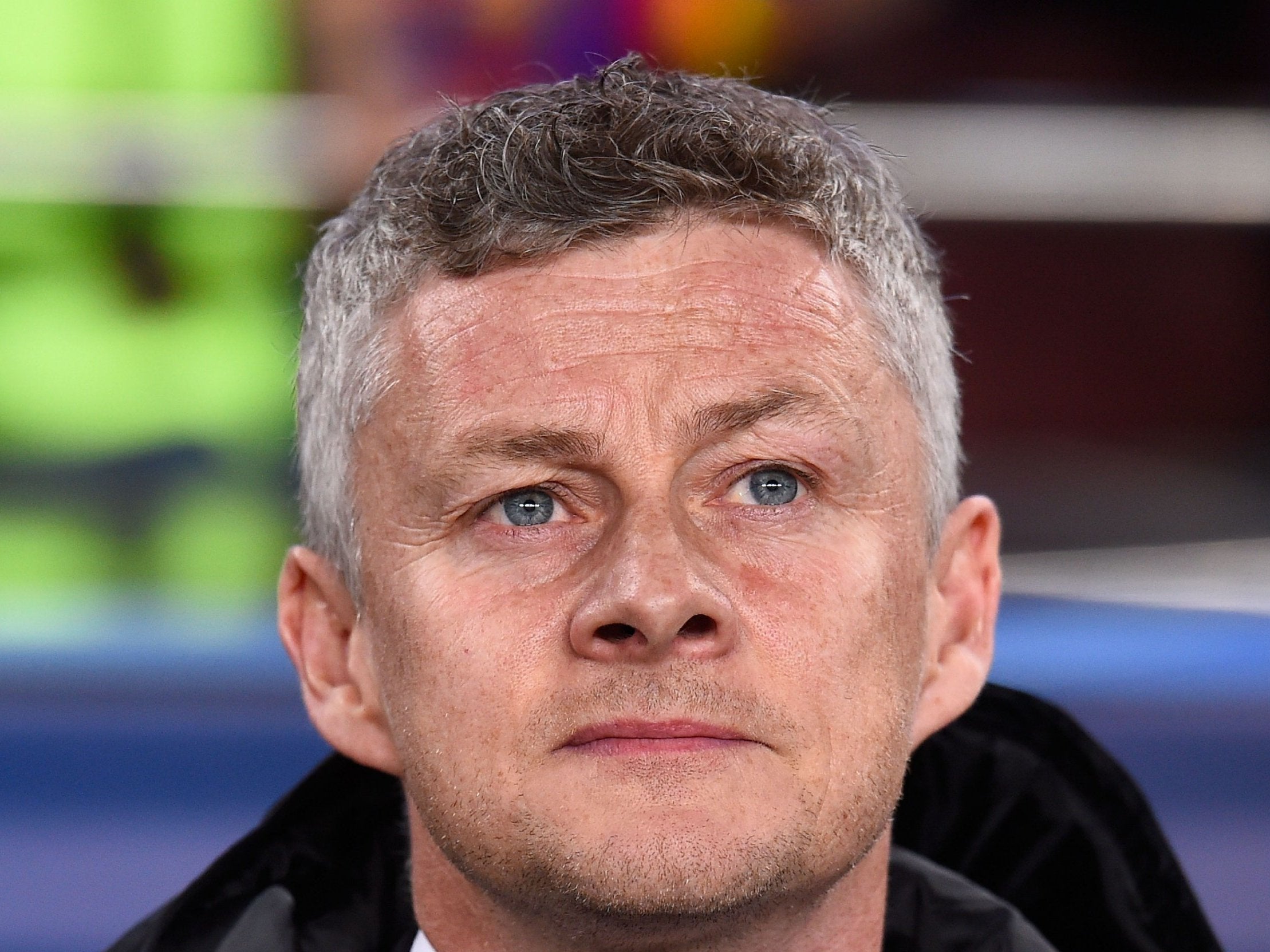
If the last few weeks have been a “reality check” for the Manchester United players, to use Ole Gunnar Solskjaer’s own words, the Norwegian had another way of putting it for executive vice-chairman Ed Woodward. Solskjaer has told his boss that the club are highly unlikely to be set for a title challenge next season, and that this could be a three-year rebuild.
This, then, is going to be difficult.
So much for the view, on 22 December, that “football is easy if you’ve got good players”.
“They are a great bunch of players and their quality is unbelievable,” Solskjaer said at the time.
That view has changed. Solskjaer now wants half the team to change. The reality is that almost everything about the modern United – bar how they accumulate money – must change.
But they all also had some of the finest football minds to put in place sophisticated long-term plans that were based on a defined identity.
By far the most pertinent question at United now is whether they have anything close to the same football intelligence, or will even bring it in.
The evidence suggests not, and the very decision-making process in appointing Solskjaer is the most pronounced exhibit here.
This is not necessarily to write off the Norwegian. He may very well end up – as he proclaimed with typically Ferguson-like zeal on Sunday – “a success”.
The point is that it all remains a massive punt – based on emotion and gut feeling, that is unnecessary and unbecoming for a club of United’s size at this crucial stage in their history.
The momentum behind Solskjaer from those first three months was understandably persuasive. Everything was so much more positive than the toxicity of Jose Mourinho’s regime, and the place “felt like Manchester United again”. That is something always ultimately influenced by results, and results were in that time just too good. But thereby also too good to be true.
At that point, given the importance of the new managerial appointment in the context of three bad choices in a row, it required someone to stand back and take a cool and detached decision. The feeling remains that didn't really happen.
Woodward is described by those who have worked with him as a hugely intelligent man in most areas, but far too guided by emotion when it comes to football. “He is obsessed with headlines,” one source said, “and the mood of the crowd.”
It was, on the surface, a great day. United won away to one of the better teams in the league, and against the manager in Mauricio Pochettino who had been the main candidate for the job.
It was also the first game that illustrated the side’s form would be unsustainable, and that there were deeper issues. The truth was that United were battered in that game, and it was only freak luck and one of David De Gea’s freakishly good displays that prevented that being reflected in the scoreline. Had the goalkeeper been on his current form, that result could have been very different.
Anyone with any football intelligence would have greatly considered this about that match. Anyone with access to the most basic football analytics could have seen this was the basis for wider concerns, and the downturn we’re now seeing.
United instead made it the basis of a huge decision.
And it is just another decision that is either short term or populist, that gets easy headlines at the time, but makes less sense the deeper you delve. To go with this needless reluctance to wait on Solskjaer is the six-year contract handed to David Moyes – in a misplaced sop to “longevity” – and then the new contract for Mourinho, when it was clear there were bigger problems that were revealed by the refusal to back the Portuguese in the market.